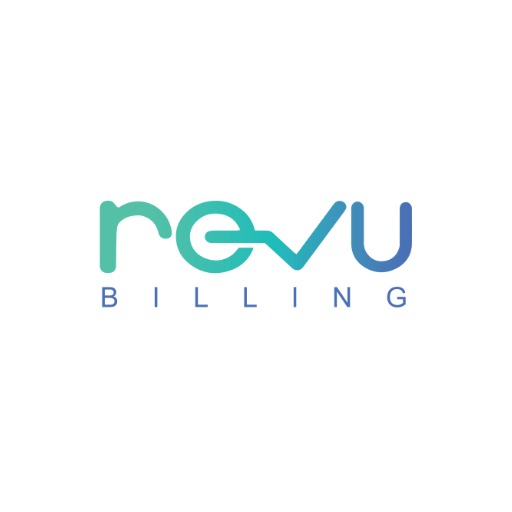Dentist Balance Billing
Dentist balance billing is an essential part of every dental appointment.Creating medical claims for insurance companies to pay for oral health care is known as dental billing. To ensure that their employer is paid for the services they did on a patient, the dental payer keeps an eye on the claim. An expert dental payer can increase the practice’s overall effectiveness and revenue success.
The practice of dental billing is common in dentistry, as you would have assumed. For new dental professionals, learning this fundamental skill may not be an exciting chore, but it is one that they must master.
Many Dental Assistants (DAs) have received training to perform dental billing duties in a variety of settings. Following the correct dental insurance and billing procedures is crucial.
Who Is Capable Of Handling Insurance And Billing Tasks?
Although many oral health specialists may be qualified to handle billing duties, dental personnel or dental assistants frequently manage these activities. The duties of the DA are varied and include arranging appointments, keeping records, and caring for patients.
Additionally, dental assistants frequently collaborate closely with patients, dental hygienists, and dentists throughout the day.
Dental assistants may manage patients’ insurance claims. Patient’s insurance information can be gathered, and they can process these claims by sending invoices to insurance providers. DAs may even serve as salesmen in specific circumstances.
Training Requirements For Dental Billing And Insurance
Depending on your region and line of work, there may be different regulations for dental billing and insurance.
For instance, candidates for Dental Assistant must typically complete an approved curriculum and pass a test. Some people, though, might receive training while working. Programs for dental assistants are often completed in one year or less. Both clinical and classroom instruction are part of them.
Billing And Insurance Procedure
It requires years of practice to master, just like any other skill. Understanding correct dental pricing structures is therefore the first step. Some Important Steps are.
Medical Front-End Billing
Registration: When people call the office of their provider to make an appointment, the first step in processing an insurance claim begins.
Verifying Eligibility: You must confirm that the patient’s insurance plan covers the services provided before the dental office is paid for the work done.
Collections at the Point of Service: Once you are aware of the patient’s financial obligations, you can ask them to pay their copay, deductible, coinsurance, or the entire outstanding sum when they come to the front desk.
Form of Encounter: For each patient interaction, an encounter form—also referred to as a superbill or fee ticket—is produced. The patient’s demographics, services, medical codes, and clinician notes are listed on this form.
Checkout: You can now arrange a follow-up appointment if necessary and confirm that the doctor is still available.
Medical Billing On The Back End
Charge Entry: Use the encounter form to confirm the actions taken and the justification for them. The business management system will then receive these charges. Enter any sums paid at that time
by the patient.
Claim Generation: After entering the expenses and payments, you can generate the claim. This procedure could involve gathering fees, revenue codes, and other things.
Claim Scrubbing: As you prepare the claim, make sure that all procedures, diagnoses, and modifier codes are present and correct by “scrubbing” it. Claims cleaning verifies the accuracy of the patient, provider, and visit details.
Claim Forms: To get paid from insurance as a medical biller, you typically utilize one of two claim forms.
Claim Submission: The provider organization, or your employer, may electronically submit claims to payers. Medical billers typically employ software that complies with HIPAA-mandated standards for
electronic filing.
Claim tracking: Keep in mind that your involvement is ongoing even after a claim has been filed. Each claim’s status must be checked every day as well. Clearinghouses, or middlemen, are frequently equipped with dashboards that make it simple to access updates for submitted claims.
Payment Posting: Payments must also be reported when a hospital or physician’s office receives ERAs (also known as electronic remittance advice), accompanied checks, or direct deposits. Therefore, don’t disregard remittances sent for anything.
Patient Payments: The patient statement needs to be submitted following the posting of the ERA. It must incorporate all unpaid amounts.
The statements must also include the date on which services were provided, the services that were rendered, the services that were completed the insurance reimbursement that was obtained, the payments collected at the time of service, and the justification for the patient balance that is owed.
Denial Management: Resolve any difficulties with denials or reimbursements as soon as they arise. The ERA gives medical billers a denial code(s) and a brief justification for the claim’s denial if a payer rejects a claim.
A/R Collections: Welcome to the last stage of the medical billing process! Unfortunately, delinquent accounts can occur when it comes to patient collections. Patients who don’t pay within a certain time frame should be followed up with.
Equipment Required for Dental Insurance And Billing
The following items are typically included in dental billing and insurance supplies:
A trustworthy computer
Fax machine
Printer
Scanner
Phone
Dental Insurance and Billing Risks and Complications
You must accurately carry out your medical billing responsibilities. This is because errors that occur at any level could hurt income, administrative workload, and other factors. This underlines the value of qualified dental
billers who can successfully carry out their responsibilities within the dental billing cycle. Consider it this way: The efficiency of a dentist’s billing team determines the practice’s financial stability.
Use the top dental billing services to simplify your billing-related issues. To help you resolve billing challenges and generate outstanding earnings, Revu Billing, a top dental billing company, employs the best tactics and procedures.
Our main goal is to help your office collect any insurance money that is owed to you. To maintain your insurance account balances exceeding ninety (90) days to a bare minimum, this involves our assistance in some aspects of the processing of your insurance claim.




